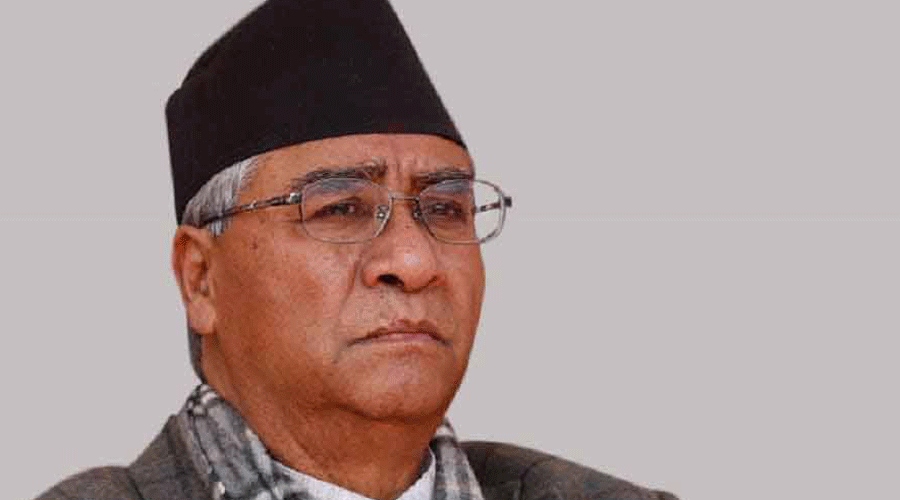With no party getting a simple majority in the general election, Nepal is facing a hung parliament even as the ruling Nepali Congress-led five-party alliance is likely to get the maximum number of seats in the House of Representatives.
The ruling coalition comprising the Nepali Congress (NC), CPN-Maoist, CPN-Unified Socialist, Loktantrik Samajwadi Party (LSP) and the Rastriya Janamorcha has so far bagged 85 seats in the direct election, followed by the Opposition CPN-UML alliance with 56 seats.
The NC led by Prime Minister Sher Bahadur Deuba maintained its lead as the single largest party by winning 53 seats in the parliamentary polls held on November 20, while its partners CPN-Maoist bagged 17 seats, CPN-Unified Socialist (10), LSP (4) and Rastriya Janamorcha (1).
The CPN-UML got 42 seats, while its partners Rastriya Prajatantra Party (RPP) and Janata Samajwadi Party (JSP) won 7 seats each.
A party needs at least 138 seats to form a majority government in the 275-member House of Representatives. However, without a clear winner, political instability could persist in Nepal as it faces slowing economic growth and rising inflation, according to political observers.
Elections to the House of Representatives (HoR) and seven provincial assemblies were held to end the prolonged political instability that has plagued the Himalayan nation. The counting of votes started on Monday last.
Out of 275 Members of Parliament, 165 will be elected through direct voting, while the remaining 110 will be elected through a proportional electoral system.
The CPN-UML has secured over 2.5 million votes under the proportionate voting method, followed by NC with 2.4 million votes.
Meanwhile, it is not clear whether the newly-formed Rastriya Swatantra Party (RSP), which won 7 seats under direct election, will join the ruling alliance or the Opposition. The decision of the RSP, which is emerging as the fourth largest party, will also affect the power equation in Nepal gripped with political uncertainty.
So far results of 158 seats have been declared and the results of seven are awaited.
Although the ruling alliance led by NC is capable of forming a majority government, it cannot be said if the country will get the much-needed political stability, political observers said.










